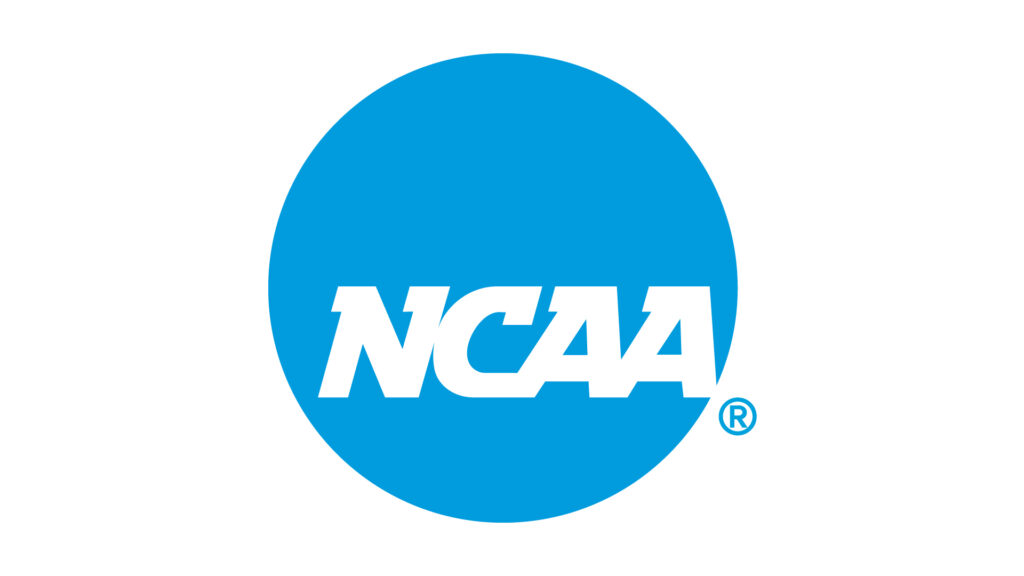The National Collegiate Athletic Association (NCAA) has officially removed marijuana from its list of prohibited substances for Division I athletes, effective immediately.
The decision comes approximately five months after the NCAA’s Division I Council proposed the rule change. On Tuesday, the council confirmed the adoption of this new policy, highlighting that marijuana is not considered a performance-enhancing drug and should be treated similarly to alcohol.
This reform builds upon a 2022 policy update that raised the allowable THC levels for college athletes, aligning NCAA regulations with those of the World Anti-Doping Agency (WADA). The newly implemented rule updates the NCAA’s drug testing policies for student sports championships and postseason participation in football. It will also be applied retroactively, eliminating penalties currently imposed on players for marijuana-related violations.
“The NCAA drug testing program aims to maintain the integrity of competition, and marijuana does not provide a competitive edge,” said Josh Whitman, chair of the council, in a press release. “Our focus is shifting towards policies that prioritize the health and well-being of student-athletes, rather than punitive measures for marijuana use.” The NCAA reiterated in a social media post, “Cannabinoids will be treated like other non-performance-enhancing substances such as alcohol. Our members will focus on harm-reduction strategies and the health of student-athletes regarding marijuana use.”
This change follows a preliminary recommendation from last June by the NCAA’s Committee on Competitive Safeguards and Medical Aspects of Sports (CSMAS), urging all three NCAA divisions to remove marijuana from their banned substances list. Divisions II and III have yet to vote on this proposal.
“America is finally starting to correct the missteps of the past 50 years concerning the failed war on drugs,” stated Rep. Earl Blumenauer (D-OR), co-chair of the Congressional Cannabis Caucus, in a statement on Wednesday. “It is only appropriate for the NCAA to remove marijuana from its banned substances list, especially as Sha’Carri Richardson qualifies for the 2024 Olympics—a victory she rightfully earned four years ago but was unfairly taken from her. Common sense is winning.”
Historically, college athletes faced testing during postseason play, where positive results could lead to a full season of ineligibility. The recent changes are designed to focus more on addressing problematic use rather than punishing players for isolated incidents.
When recommending the policy change last September, the NCAA committee noted that ending the marijuana ban acknowledges the ineffectiveness of previous policies, which included banning, testing, and penalizing. It also affirmed that marijuana is not a performance-enhancing drug and highlighted the need to move towards harm-reduction strategies. “The timing for discussing and adopting new legislation will be determined by each of the NCAA’s three divisional governance structures,” the committee said. “This recommendation stems from comprehensive research informed by industry experts, including medical professionals, substance misuse specialists, and membership practitioners.”
Several sports organizations have been revising their marijuana testing policies in light of the broader movement towards state legalization.
For instance, the NFL and its players’ union agreed to stop suspending players for marijuana or other drug use as part of a collective bargaining agreement in 2020. The NFL has also invested significantly in research exploring whether CBD could serve as an effective alternative to opioids and has investigated its potential for pain management and neuroprotection against concussions.
The Ultimate Fighting Championship (UFC) announced in December that it was removing marijuana from its updated banned substances list for athletes, following previous reforms. However, ahead of a UFC event in February, a California athletics commission stated that fighters could still face penalties under state rules if they tested positive for THC above a certain threshold, as these regulations are based on WADA guidelines.
In Nevada, sports regulators voted last year to propose a regulatory change to the governor that would protect athletes from penalties for using or possessing marijuana in accordance with state law.
Despite these advances, some critics have pointed to WADA’s continued ban on cannabis. In an opinion piece last August, members of a WADA panel argued that marijuana use by athletes contravenes the “spirit of sport,” potentially making them poor role models and creating safety risks due to possible impairment.
Advocates have strongly called for WADA to reform its policies, especially after the suspension of U.S. runner Sha’Carri Richardson from the Olympics in 2021 due to a positive THC test. Following her suspension, the U.S. Anti-Doping Agency (USADA) indicated that international marijuana regulations need to change, a sentiment echoed by the White House and President Joe Biden, as well as by congressional lawmakers.
In a related development, an NFL player recently sued the league and his former team, the Denver Broncos, for alleged employment discrimination. He claimed he was fined over half a million dollars after testing positive for THC, which he said resulted from his medically prescribed use of a synthetic cannabinoid.
“NCAA Votes To Remove Marijuana From Banned Substances List For College Athletes.” Www.Marijuanamoment.Net, 27 Jun. 2024, www.marijuanamoment.net/ncaa-votes-to-remove-marijuana-from-banned-substances-list-for-college-athletes/. Accessed 27 Jun. 2024.

